Gothic Radicalism: Literature, Philosophy & Psychoanalysis in the Nineteenth Century

Summary
Applying ideas drawn from contemporary critical theory this book historicizes psychoanalysis through a new, and significant, theorization of the Gothic. The central premise is that the nineteenth-century Gothic produced a radical critique of accounts of sublimity and Freudian psychoanalysis. This book makes a major contribution to an understanding of both the nineteenth century and the Gothic discourse which challenged the dominant ideas of that period. Writers explored include Mary Shelley, Edgar Allan Poe, Robert Louis Stevenson and Bram Stoker.
Similar Books
-
 Marxism and literary criticism
Marxism and literary criticismby Terry Eagleton
-
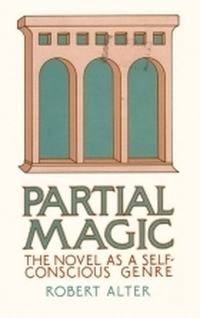 Partial Magic: The Novel as Self-Conscious Genre
Partial Magic: The Novel as Self-Conscious Genreby Robert Alter
-
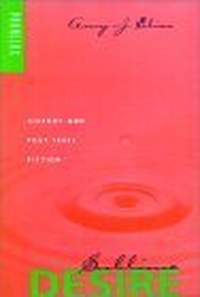 Sublime Desire: History and Post-1960s Fiction
Sublime Desire: History and Post-1960s Fictionby Amy J. Elias
-
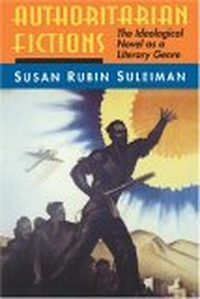 Authoritarian Fictions
Authoritarian Fictionsby Susan Rubin Suleiman
-
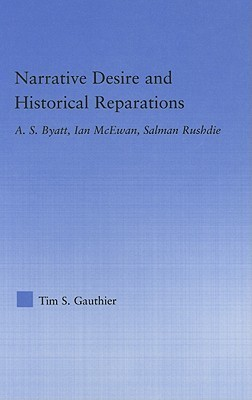
-
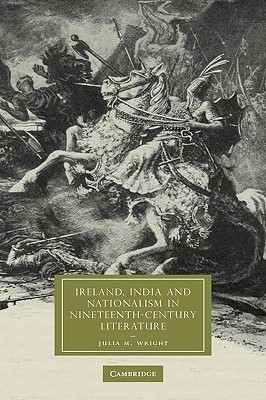 Ireland, India and Nationalism in Nineteenth-Century Literature
Ireland, India and Nationalism in Nineteenth-Century Literatureby Julia M. Wright
-
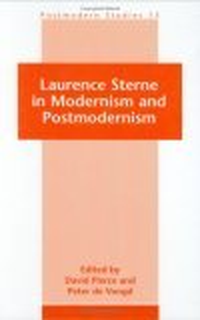 Laurence Sterne in Modernism and Postmodernism
Laurence Sterne in Modernism and Postmodernismby Peter de Voogd
-
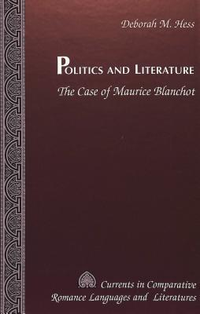 Politics and Literature: The Case of Maurice Blanchot
Politics and Literature: The Case of Maurice Blanchotby Deborah M. Hess
-
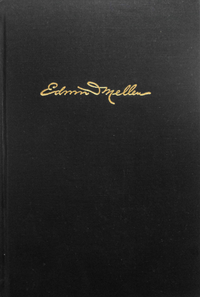 Narrative Strategies in Joyce's Ulysses
Narrative Strategies in Joyce's Ulyssesby Dermot Kelly
-
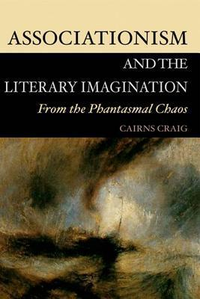
-
